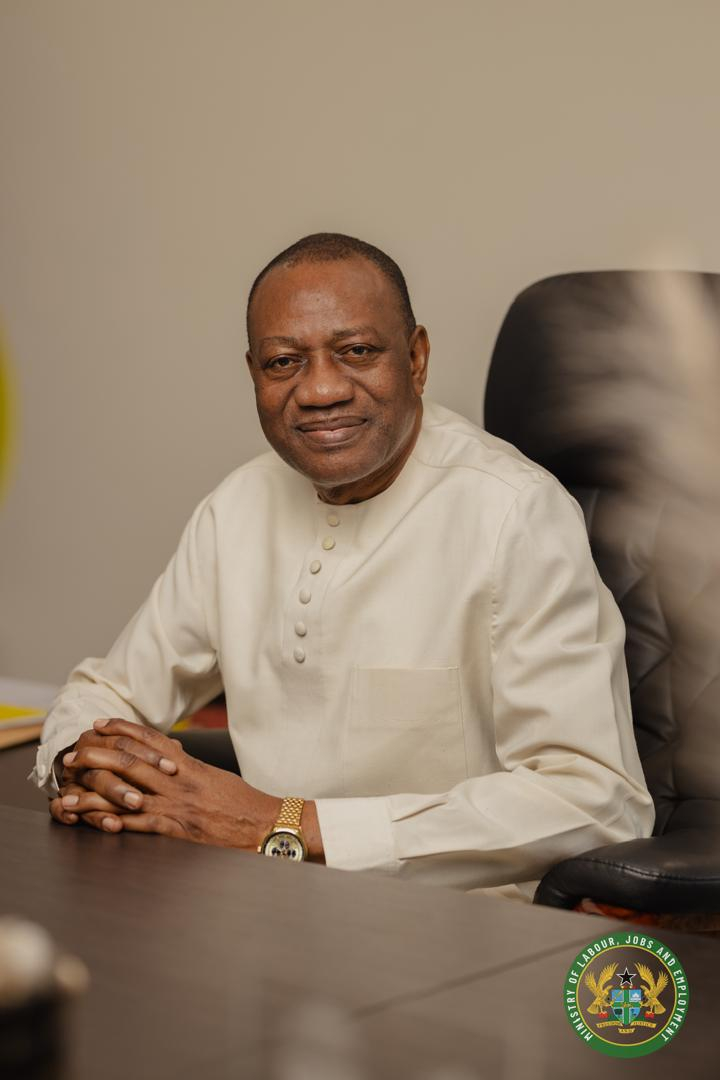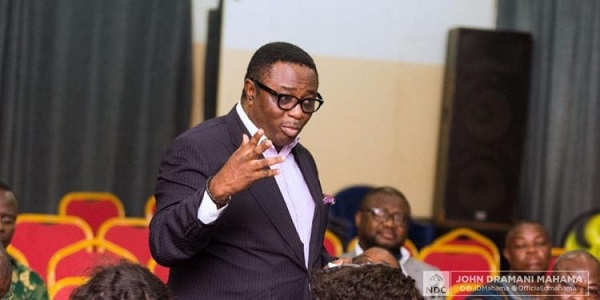Ghana Showcases Progress on SDG Localisation at UN-Habitat Forum in Nairobi
Ghana has emerged as a leader in the localisation of the Sustainable Development Goals (SDGs), showcasing robust strategic progress and effective multi-level governance. This was highlighted during a high-level side event on Multi-Level Governance for SDG Localisation, held on Wednesday, May 28, 2025, in Nairobi. The event was a significant part of the resumed second session of the United Nations Habitat Assembly, convened by UN-Habitat, providing a platform for Ghana to share its successes and strategies.
Representing Ghana, Madam Rita Naa Odoley Sowah, the Deputy Minister for Local Government, Chieftaincy and Religious Affairs, presented a comprehensive overview of the nation's practical approach to embedding the SDGs into its development framework. She emphasized Ghana's policy infrastructure, which facilitates SDG localisation through meticulously coordinated national and sub-national governance systems, ensuring that global goals are translated into tangible local actions.
Central to Ghana's SDG efforts is the National Development Planning Commission (NDPC), the country's apex planning institution. The NDPC is tasked with developing overarching national policy frameworks, issuing guidelines to various sectors and local authorities, and producing annual progress reports that critically incorporate SDG indicators. Furthermore, the Ministry of Local Government, Chieftaincy and Religious Affairs works in close collaboration with the Ministry of Finance to develop planning and budget guidelines. These guidelines are designed to align local development initiatives with the global SDGs, ensuring financial and strategic coherence. The Ghana’s SDGs Advisory Unit, strategically located within the Office of the President, plays a crucial coordinating role, harmonizing SDG implementation efforts across diverse government agencies and with international development partners.
Ghana's commitment to the SDGs is further reflected in its national policies. Key frameworks, such as the National Urban Policy and the National Slum Upgrading and Prevention Strategy, have been deliberately designed to align with, adapt, and adopt the SDGs into the country's core development priorities. This strategic alignment ensures that national objectives are intrinsically linked to sustainable global targets.
A flagship initiative exemplifying Ghana's innovative approach is the Ghana Smart SDG Cities Programme, which receives support from UN-Habitat. This programme aims to integrate the SDGs directly into city development processes by employing data-driven planning, sophisticated spatial development frameworks, and community-led participatory approaches. Currently, ten selected Metropolitan and Municipal Assemblies are actively involved in this programme, progressing through various stages of implementation, particularly in areas of spatial planning and investment identification. Notably, assemblies like the Accra Metropolitan Assembly, Ga West Municipal Assembly, and Sekondi-Takoradi Metropolitan Assembly have proactively undertaken Voluntary Local Reviews, positioning Ghana among a select group of African nations advancing local-level SDG reporting.
The oversight and monitoring of local authorities within Ghana’s decentralised governance structure are critically managed by the Regional Coordinating Councils. These councils play an essential role in evaluating the performance of local bodies. Supporting these efforts are several key institutions, including the Inter-Ministerial Coordinating Committee on Decentralisation, the Institute of Local Government Studies, and the Office of the Head of the Local Government Service. These bodies are collectively responsible for ensuring policy coherence, enhancing technical capacity-building at the local level, and providing necessary administrative oversight.
Looking forward, Ghana is actively scaling up its efforts to deepen partnerships with UN-Habitat and other development actors to effectively implement the New Urban Agenda. Madam Sowah conveyed Ghana’s enthusiastic support for the adoption of the upcoming UN-Habitat Strategic Plan (2026–2029) and the International Guidelines on People-Centred Smart Cities, underscoring the nation's commitment to international best practices in urban development.
The success of targeted urban interventions in Ghana is demonstrated by initiatives like the Participatory Slum Upgrading Programme (PSUP), which has been implemented in areas such as Ga Mashie. This programme has yielded tangible benefits for the urban poor, showcasing how focused efforts can improve living conditions. Madam Sowah concluded by stressing Ghana's unwavering commitment: "Ghana remains committed to translating global commitments into meaningful local action. Through bold policies, inclusive planning, and strong partnerships, we are shaping cities that work for everyone, especially the most vulnerable."











